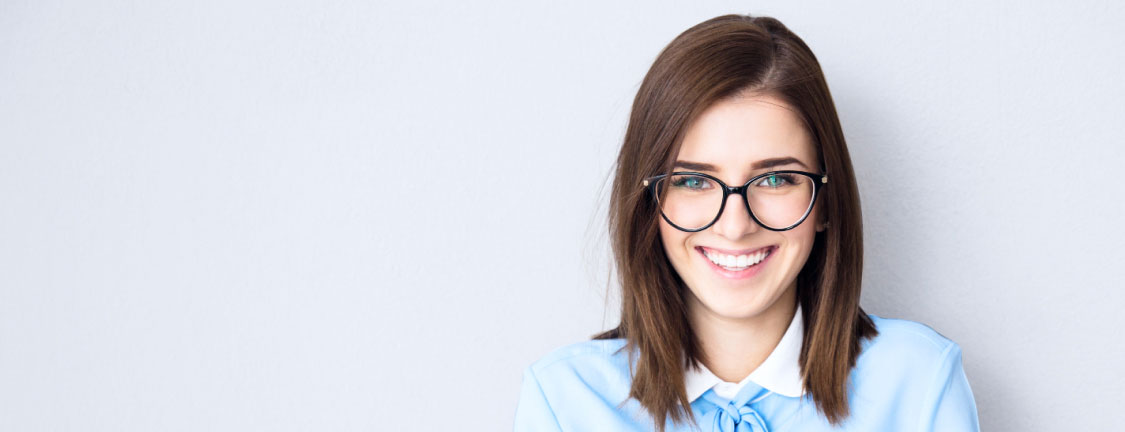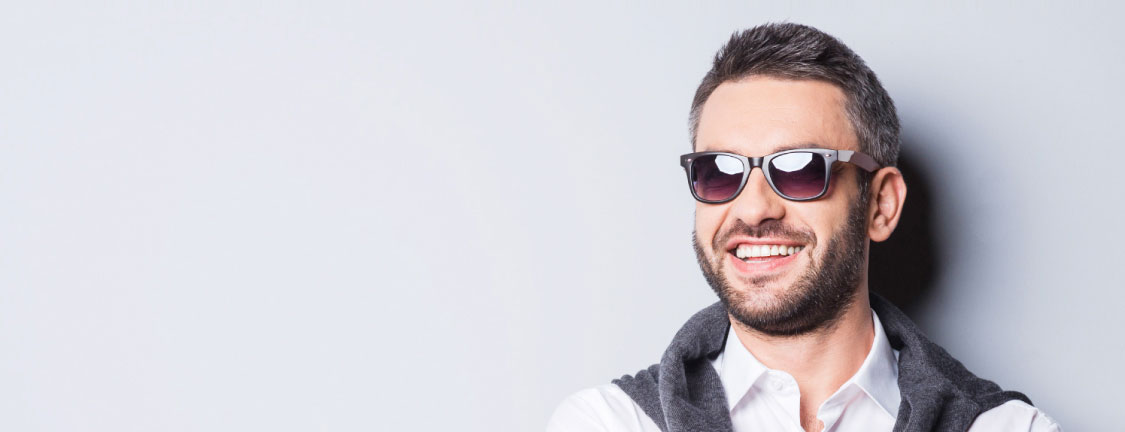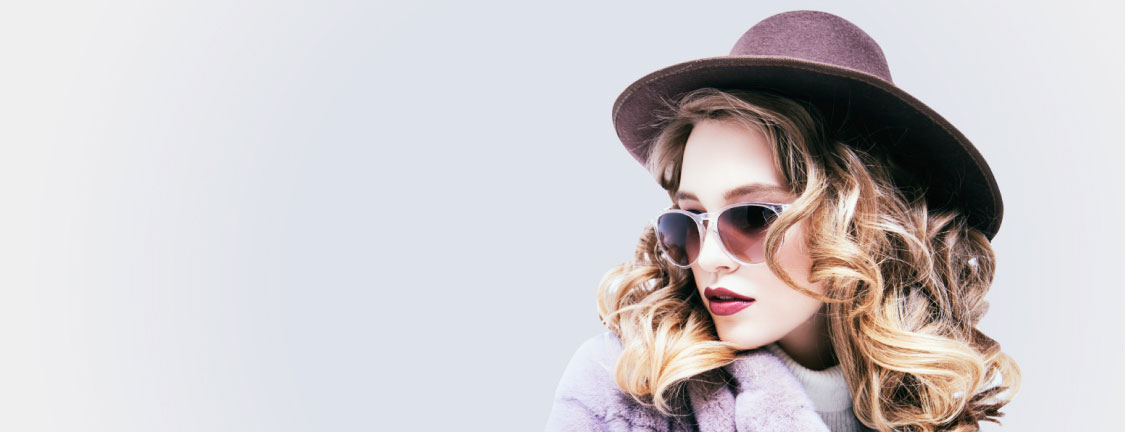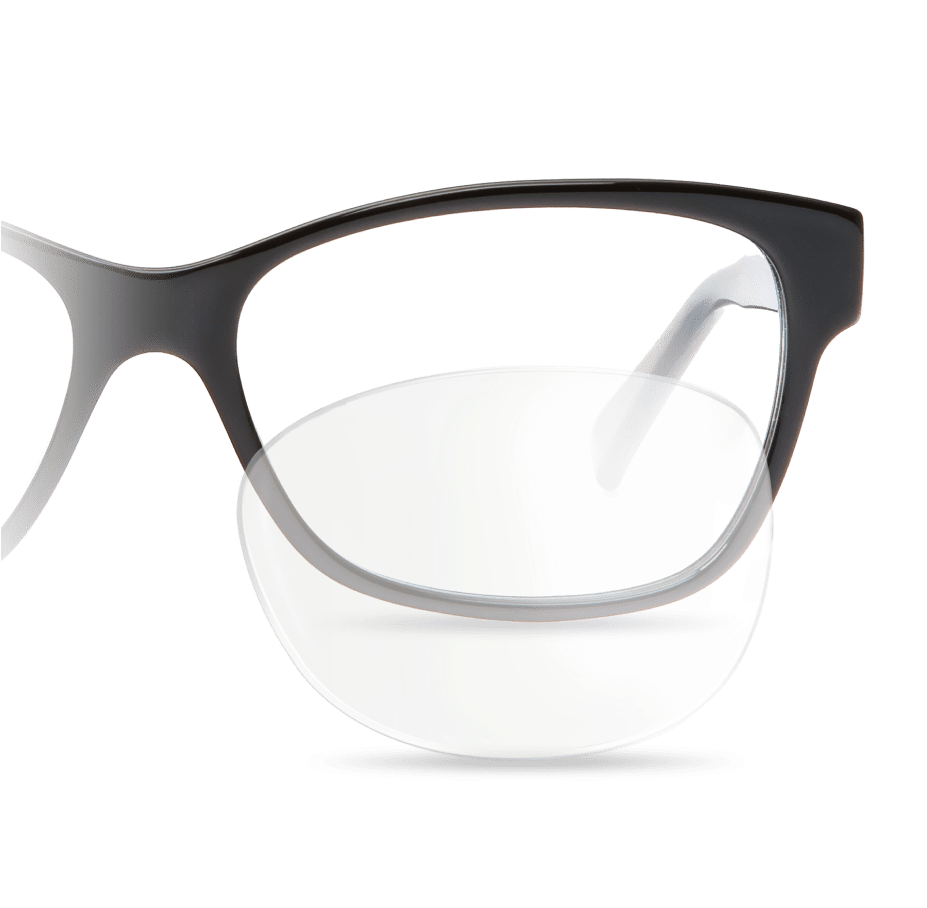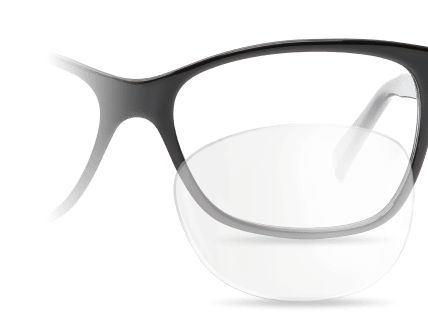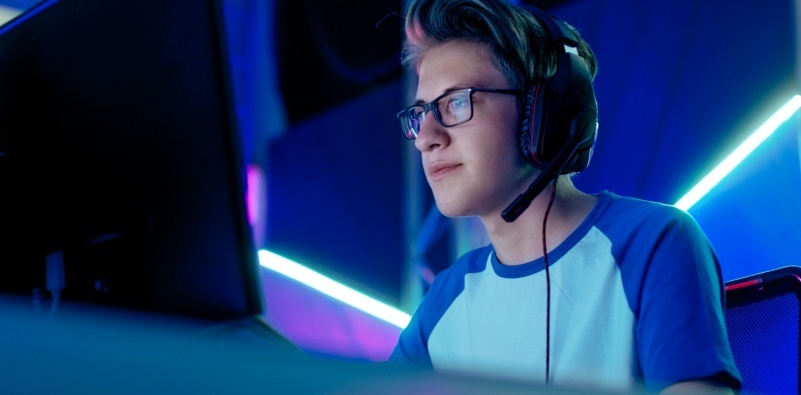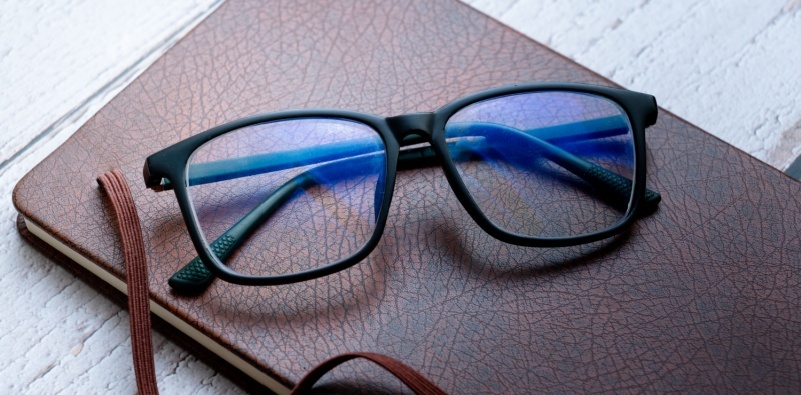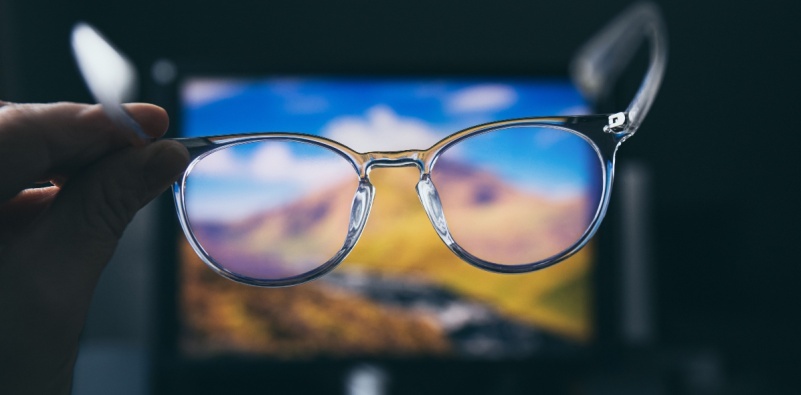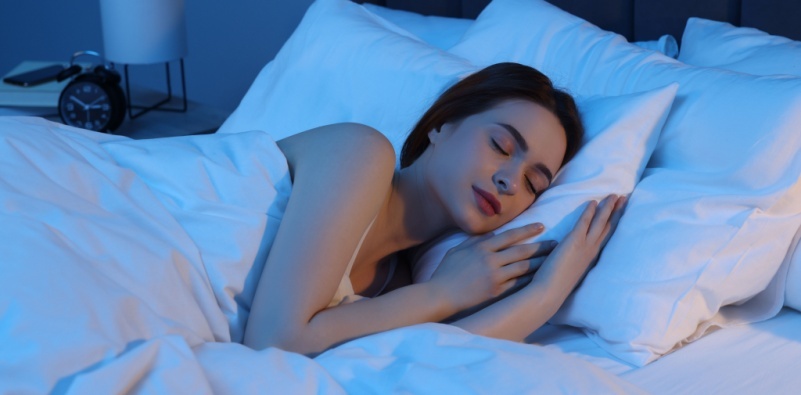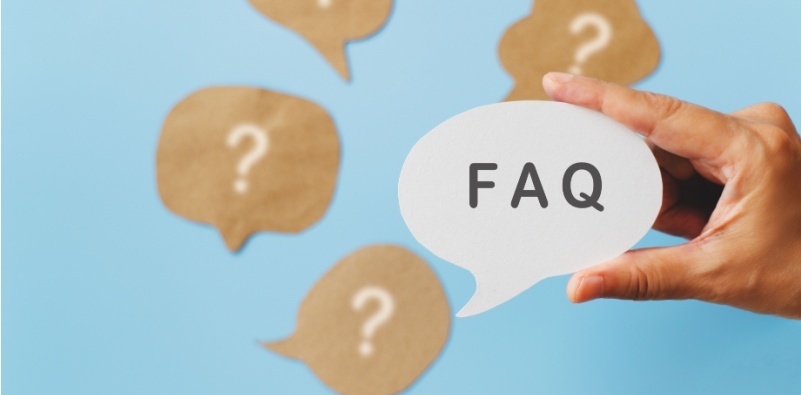What are blue light blocking lenses and do you really need them

In today’s world, digital screens dominate nearly every aspect of our lives—from work and study to entertainment and socializing. Whether you’re typing emails, attending virtual meetings, or scrolling through social media, we spend hours gazing at our phones, laptops, and tablets. For many of us, this extended screen time brings a range of complaints: tired eyes, headaches, and even disrupted sleep patterns. Enter blue light blocking lenses—becoming increasingly popular as a solution to these common digital woes. But do you need blue light glasses? Let’s take a closer look.
What Is Blue Light?
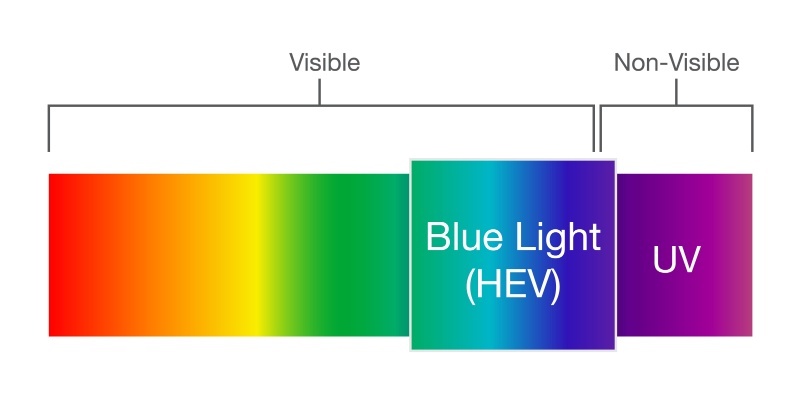
Blue light and eye health have become important topics in the digital age. Blue light is a high-energy, short-wavelength light visible to the human eye. It’s found in sunlight and is responsible for giving the sky its blue color. While natural blue light helps regulate our sleep-wake cycle by signalling our bodies when it’s time to be alert, artificial blue light, emitted by digital screens, is something we’re exposed to for prolonged periods each day.
Unlike natural blue light, artificial blue light is concentrated and comes at us directly from screens. While we can’t avoid it entirely, too much exposure to artificial blue light can potentially lead to eye strain and fatigue, which is why blue light blocking glasses have gained attention as a way to counter these effects.
What Are Blue Light Glasses?
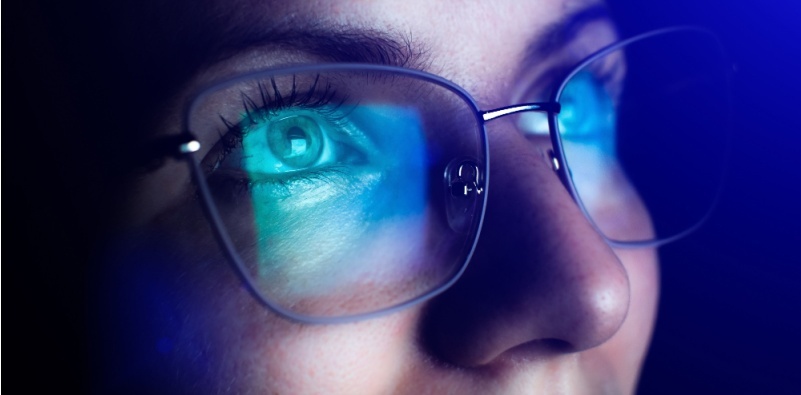
Blue light blocking lenses come with a special coating designed to filter out a portion of the blue light emitted by digital screens. These lenses don’t block all blue light but aim to reduce the amount that reaches your eyes, which can help prevent the discomfort associated with extended screen time. The coating works by selectively filtering a percentage of the blue light, making it easier to look at screens for longer without experiencing as much eye strain.
These glasses are especially popular among those who spend significant time in front of computers, tablets, and smartphones. They offer a simple, non-invasive way to reduce blue light and eye health issues and improve comfort during screen-heavy activities. Glasses for computer use with a blue light coating are a common solution for anyone working in digital-heavy environments.
Benefits of Blue Light Glasses
Here are some of the top benefits of blue light glasses:
- Reduced Eye Strain and Fatigue
One of the main reasons people seek blue light blocking glasses is to combat digital eye strain. Spending hours on screens can cause discomfort, but these glasses may help ease the strain on your eyes. - Fewer Headaches
Many people report that extended screen time leads to headaches, which could be related to constant exposure to blue light. By reducing the amount of blue light reaching your eyes, blue light blocking lenses can help alleviate these types of headaches. - Improved Sleep Patterns
Artificial blue light, especially in the evening, can interfere with the production of melatonin, the hormone that helps regulate sleep. By wearing blue light blocking glasses, you may experience better sleep, as these glasses reduce the impact of blue light on your circadian rhythm. - Better Comfort
With less eye strain and fewer headaches, blue light blocking glasses can enhance your overall comfort when using digital devices. Whether you’re working, reading, or streaming, these lenses make it easier on your eyes.
Myths and Misconceptions About Blue Light Glasses
Despite their growing popularity, there are several myths surrounding blue light blocking glasses. Let’s address a few of them:
- Blue Light Lenses Affect Color Perception
Some people believe that blue light blocking lenses change the way they see colors. In reality, while these lenses may add a slight yellowish tint, they won’t drastically alter your color perception. The adjustment is subtle and designed to enhance comfort, not distort your view of the world. - These Lenses Are Only for Gamers
While blue light blocking glasses are often marketed to gamers, anyone who spends long hours in front of a screen—whether for work, study, or leisure—can benefit from them. These lenses are for everyone who uses digital devices frequently, not just those gaming late into the night. - They’re Unnecessary if You Don’t Feel Eye Strain
Even if you don’t experience noticeable eye strain, wearing blue light blocking glasses may still be helpful. Prolonged screen exposure could have cumulative effects on eye health over time, and these lenses provide a protective measure, even if you don’t currently experience discomfort.
Do You Really Need Blue Light Blocking Lenses?
So, do I need blue light glasses? The answer depends on your lifestyle. If you spend significant time working on a computer, studying, or using digital devices daily, then blue light blocking lenses could be a great addition to your eyewear. While they may not be necessary for everyone, they’re particularly beneficial for professionals, students, and even children who engage in screen-heavy activities.
For those who experience eye strain, headaches, or sleep disruptions from extended screen time, these glasses can offer noticeable relief. However, if you’re not experiencing any of these symptoms, blue light blocking lenses may not be an urgent necessity—but they still make a worthwhile upgrade for anyone working long hours on digital devices. Are blue light glasses worth it? For many, they certainly are.
Alternatives to Blue Light Blocking Lenses
If you’re looking for ways to complement your blue light blocking glasses, there are some practical habits you can adopt to further protect your eyes:
- The 20:20:20 Rule
Every 20 minutes, take a 20-second break and look at something 20 feet away. This simple exercise helps reduce eye strain and gives your eyes a chance to relax. - Adjust Your Screen Brightness
Too much brightness can increase eye strain. Make sure your screen brightness is at a comfortable level and adjust it depending on your environment (dim it in darker settings). - Maintain Good Posture and Proper Screen Distance
Keep your screen about an arm’s length away from your eyes and ensure you’re sitting at a comfortable angle to reduce strain. - Use Eye Drops
Dry eyes are another common issue for people who spend a lot of time on screens. Artificial tears can help keep your eyes hydrated and prevent irritation. - Create a Screen-Free Period Before Bed
Reduce exposure to digital screens at least 30 minutes before bed to avoid disrupting your sleep cycle. This allows your brain to unwind without the stimulation of blue light.
FAQs
What Are Blue Light Blocking Glasses Used For?
Blue light blocking glasses are designed to reduce digital eye strain by filtering out blue light emitted from digital screens. They help alleviate discomfort, headaches, and improve sleep quality.
Do Blue Light Glasses Really Work?
Yes, blue light glasses can work by filtering out some of the blue light from screens, which may reduce eye strain and discomfort, especially with prolonged screen exposure.
Who Should Wear Blue Light-Blocking Lenses?
Anyone who spends long hours on digital devices, such as working professionals, students, and children, can benefit from wearing blue light blocking lenses.
Can Blue Light Glasses Help with Headaches?
Yes, by reducing eye strain caused by blue light, blue light blocking glasses may help reduce the frequency and severity of headaches.
Are Blue Light Lenses Safe for Everyday Use?
Yes, blue light lenses are completely safe for everyday use. They’re designed to reduce strain, not obstruct vision, and are ideal for long hours spent in front of screens.
Ready to Improve Your Screen Time Comfort?
If you spend significant time on digital devices, blue light blocking lenses can be a valuable upgrade for your eyewear collection. Not only do they reduce discomfort, but they also help improve sleep and overall comfort. Shop for new blue light blocking glasses today at Replacement Lens Express and experience the difference for yourself!




